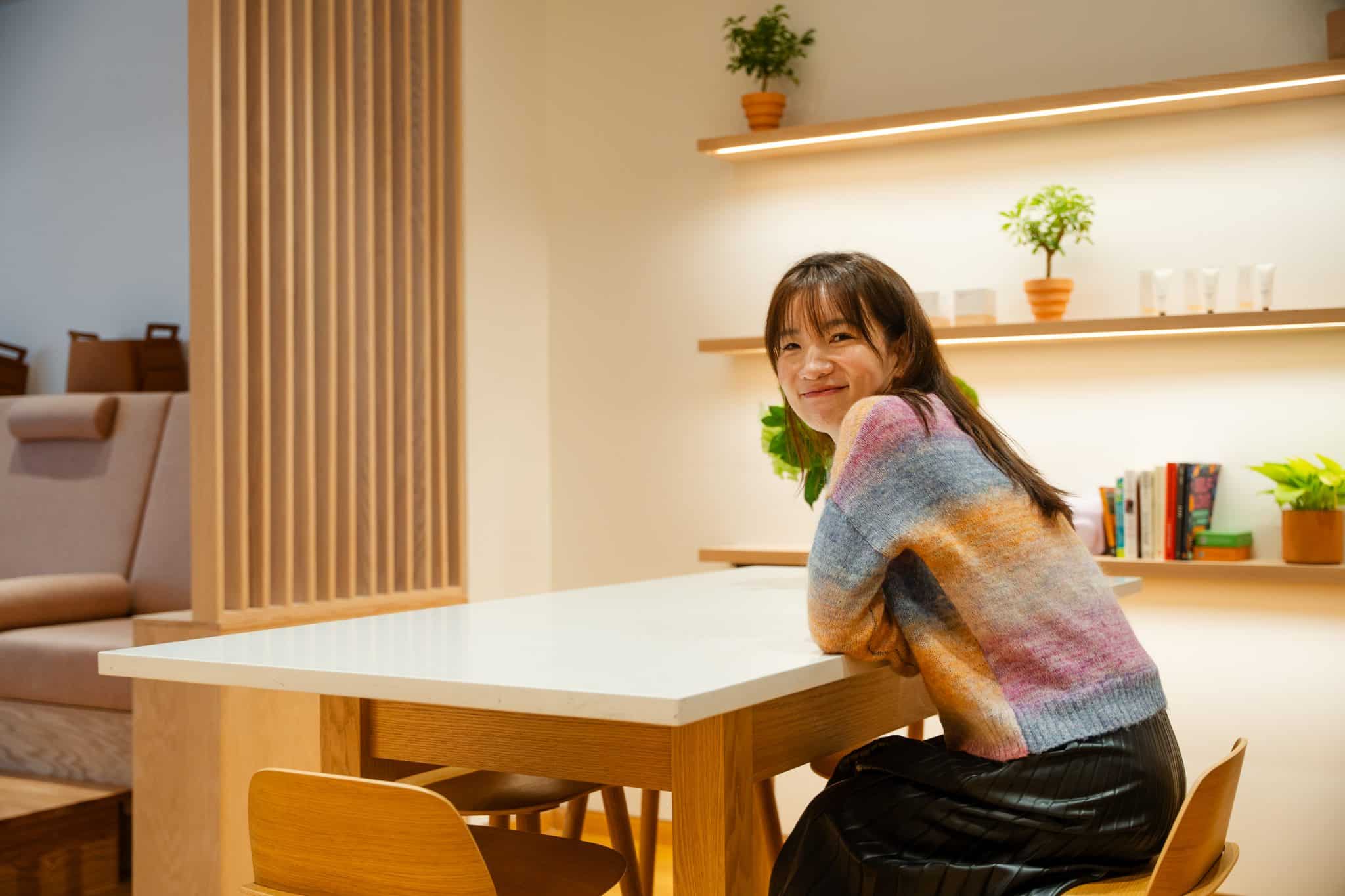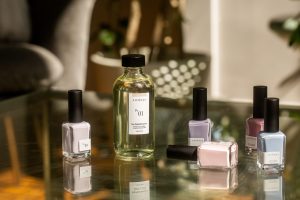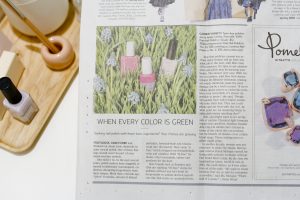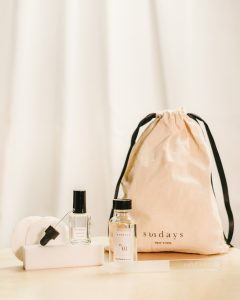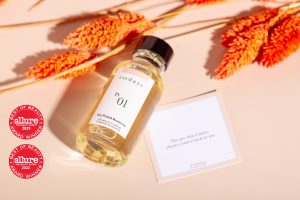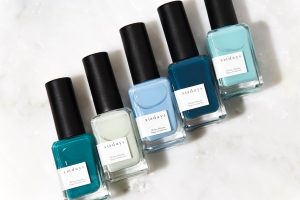Is Non-Toxic a Myth?
We sat down with our Founder, Amy Ling Lin, to learn more about what non-toxic really means in the beauty world—and why it matters.
Interested in more candid conversations? Check out, Non Toxic Nail Polish: A Deeper Look at Ingredients You’ll Never Find in Ours.
This article includes:
- non toxic
- essential oils
- clean nail polish
- toxic definition
In today’s beauty industry, words like non-toxic, clean, and natural are everywhere. But what do they really mean—and can you trust them? We’ve heard your questions, your concerns, and your curiosity. So Raynia from our content creation team sat down with our founder and CEO, Amy Ling Lin, to talk candidly about the truth behind the non-toxic label—and why she built sundays around creating a safer, more honest experience for all.
Let’s get into it!
A Conversation with Amy Ling Lin
Raynia: This is Amy, our founder, and she’s going to answer some of the questions you’ve been dying to know about the beauty industry.
Amy: Okay, let’s talk about this.
Raynia: First up—what does non-toxic actually mean when it comes to nail products?
Amy: Non-toxic means it’s safe for everyone. It’s safe for pregnant women, for children, for people with sensitivities. It doesn’t cause things like allergies or headaches. You know how sometimes you walk out of a nail salon and you feel a little dizzy or like you can finally breathe again? That’s the toxic fumes. A truly non-toxic product shouldn’t make you feel that way.
Raynia: A lot of people worry that non-toxic is just a marketing gimmick. What do you think?
Amy: Unfortunately, that’s true in many cases. You’ll see things labeled “10-free,” “14-free,” even “15-free.” While that’s a great starting point, it’s not the whole story. As consumers, it’s important to actually look at the ingredients—because some of those harmful toxins might still be in there under different names. That’s why at sundays, we do the research for you. Every single ingredient is carefully vetted for safety.
Raynia: What’s something you wish more people understood about non-toxic beauty?
Amy: I think a big misunderstanding is assuming that natural means non-toxic. That’s just not always true. Take eucalyptus—it’s a natural essential oil, but you can’t drink it. It can cause allergic reactions, and if you put it directly on your skin, it could even burn. Essential oils need to be diluted and used carefully. So just because something smells good or is labeled natural doesn’t mean it’s non-toxic. They’re totally different terms. You still have to check the ingredients and know what you’re putting on your body.
Check out our Instagram for the full interview!
Final Thoughts
In a world where marketing can often blur the truth, we believe in transparency, education, and safety. At sundays, non-toxic is not just a label—it’s a commitment to your well-being. Whether you’re expecting, sensitive to scents, or just looking for a gentler way to care for yourself, we’re here to make sure you don’t have to second guess what’s on your nails.
Next, check out our post An Interview with Nail Artist Frances Liang.

